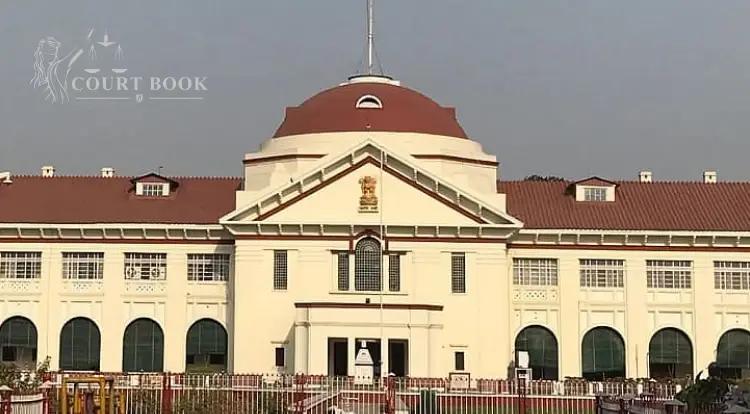The Patna High Court emphasized that a breathalyzer test alone cannot conclusively prove alcohol consumption under the Bihar Prohibition and Excise Act, 2016. Justice Bibek Chaudhuri quashed an FIR against a government official, highlighting the necessity of corroborative medical evidence such as blood or urine tests for prosecution.
Case Background
The petitioner, Narendra Kumar Ram, a Senior Treasury Officer in Bihar’s Finance Department, was accused of being intoxicated at his temporary residence in Kishanganj on May 2, 2024. An excise team conducted a breathalyzer test, which showed a blood alcohol concentration of 41 mg/100 ml. Based on this, he was arrested, and an FIR was registered under Section 37 of the Bihar Prohibition Act.
Read Also:- Madhya Pradesh High Court Directs Phased Disposal of Union Carbide Toxic Waste at Pithampur
The petitioner’s counsel argued that the prosecution relied solely on the breathalyzer result, which lacks legal validity without confirmatory blood or urine tests. Citing the Supreme Court’s judgment in Bachubhai Hassanalli Karyani v. State of Maharashtra (1971), they stressed that mere signs like the smell of alcohol or unsteady gait cannot establish consumption.
“Consumption of alcohol can only be ascertained by blood and urine tests,” the Supreme Court had ruled.
Additionally, the petitioner claimed he had consumed alcohol-based homeopathic medicine prescribed for a stomach infection. This, he argued, could explain the breathalyzer reading. However, no follow-up medical tests were conducted to verify this defense.
Read Also:- Supreme Court: Dowry Demand Not Essential to Prove Cruelty Under Section 498A IPC
The petitioner alleged the FIR was driven by professional vendetta. He stated that after rejecting improperly submitted financial bills by a district officer, the District Magistrate of Kishanganj pushed for his suspension and prosecution. Such actions, he claimed, violated his fundamental rights under Articles 14 and 21 of the Constitution.
The State defended the FIR, asserting that the Bihar Prohibition Act strictly bans alcohol consumption, especially for government servants under Rule 4 of the Bihar Government Servants Conduct Rules, 1976. They argued the breathalyzer test was accurate and sufficient, dismissing claims of procedural lapses or mala fide intent.
Court’s Decision
Justice Chaudhuri underscored the Supreme Court’s stance in Bachubhai Hassanalli Karyani, noting that the prosecution had not conducted blood or urine tests or observed physical symptoms like slurred speech or dilated pupils.
“Authorities failed to consider Supreme Court observations… a breathalyzer report alone isn’t conclusive proof,” the Court stated.
The Bench also noted the petitioner’s medical defense remained uninvestigated, rendering the FIR legally unsustainable. Consequently, the Court quashed the case, reaffirming the necessity of robust evidence for prosecution.















